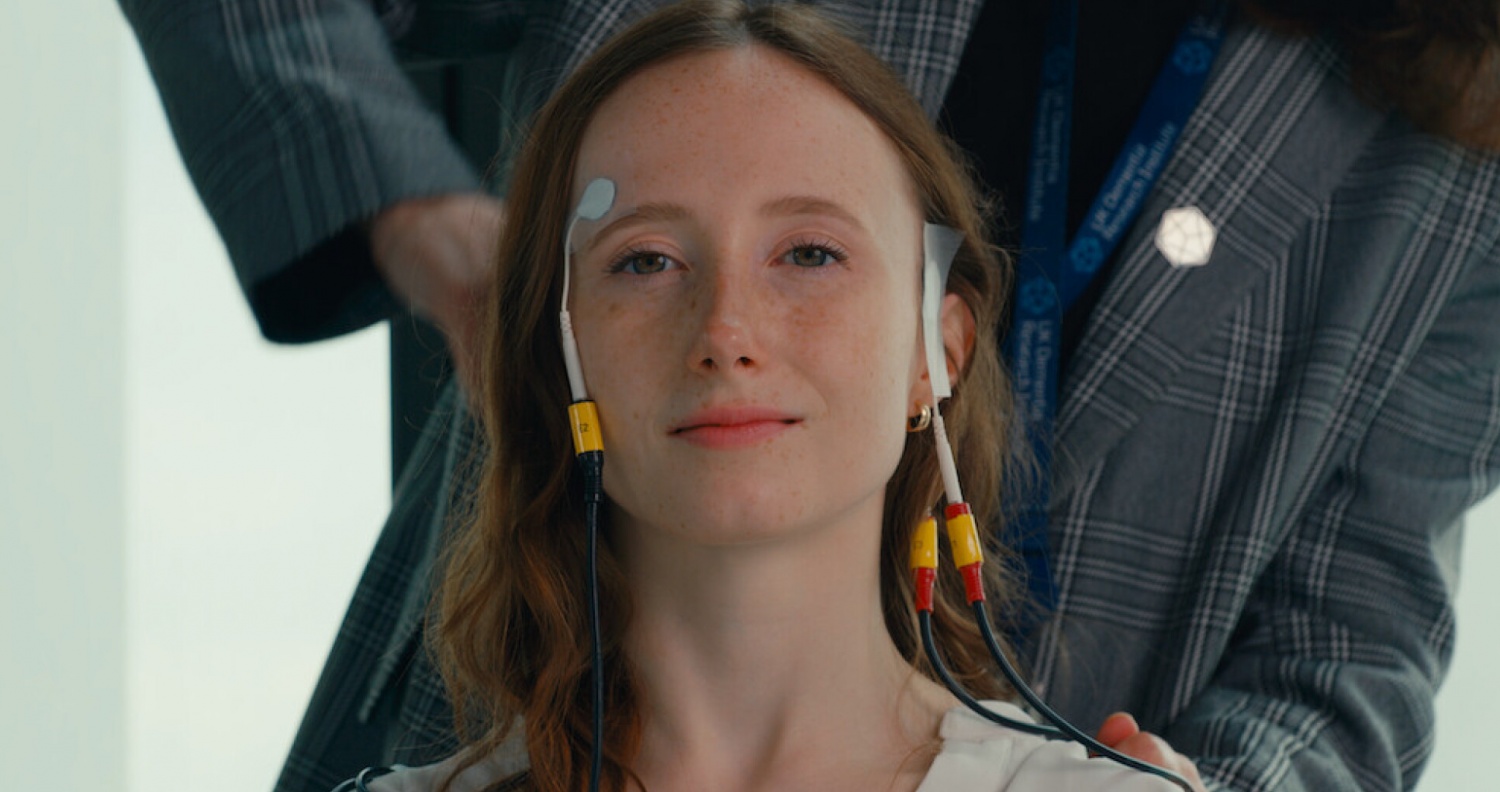A groundbreaking technique called temporal interference (TI) offers a new non-surgical approach for treating dementia, making waves in the field of neurology. Developed scientists at Imperial College London, this method delivers electrical fields to the brain through electrodes placed on the scalp and head. By precisely targeting the intersection of electrical fields, researchers were able to stimulate the hippocampus, a crucial region for memory, without affecting surrounding areas.
In a pioneering trial conducted the UK Dementia Research Institute (UK DRI) at Imperial and the University of Surrey, 20 healthy volunteers were enlisted to assess the effectiveness of TI stimulation. The preliminary findings revealed that engaging in a memory task while receiving TI stimulation led to improved memory function in these individuals. Encouraged these positive results, the research team plans to conduct a clinical trial involving individuals with early-stage Alzheimer’s disease, where TI holds the potential to alleviate symptoms of memory loss and provide hope for those affected.
Dr. Nir Grossman, leading the study from the Department of Brain Sciences at Imperial College London, emphasized the significance of this breakthrough, stating, “With our new technique, we have shown for the first time that it is possible to remotely stimulate specific regions deep within the human brain without the need for surgery.” This non-invasive technique, known as temporal interference, was first introduced the Imperial College London team in 2017 and has since showcased its effectiveness in stimulating deep brain regions in humans.
The ability to target deep brain areas non-invasively has transformative potential, according to Dr. Ines Violante from the University of Surrey. She highlighted that this approach provides a tool to investigate how the human brain operates and opens possibilities for clinical applications. Dr. Grossman also expressed optimism that this innovation could democratize access to deep brain stimulation therapies reducing cost and risk significantly.
Ongoing investigations and tests aim to determine whether repeated treatment over several days could benefit individuals in the early stages of Alzheimer’s, potentially restoring normal brain activity and ameliorating symptoms of memory impairment.
The findings of this study were published in the journal Nature Neuroscience, further advancing the field and paving the way for potential therapeutic targets in the treatment of dementia.
Source: https://www.techtimes.com/articles/297806/20231006/non-surgical-dementia-treatment-potential-discovered.htm

